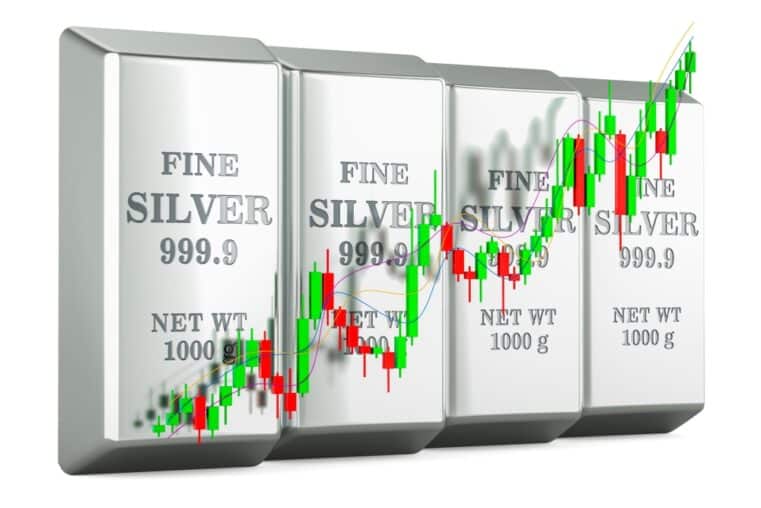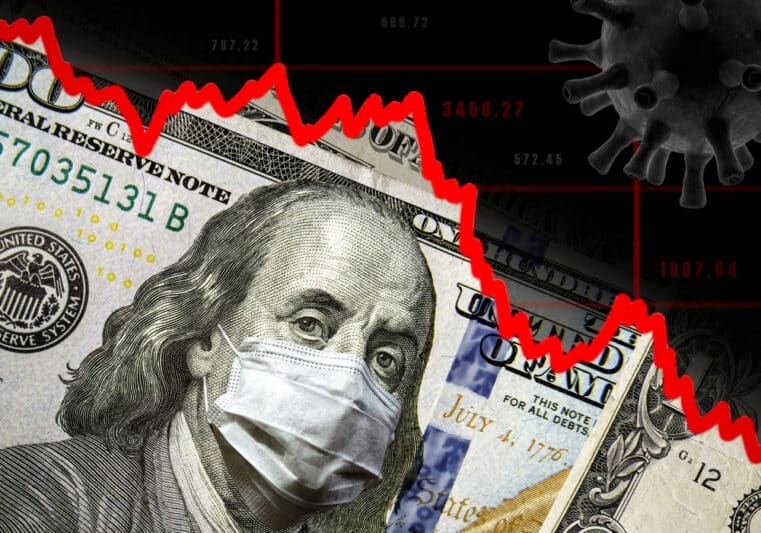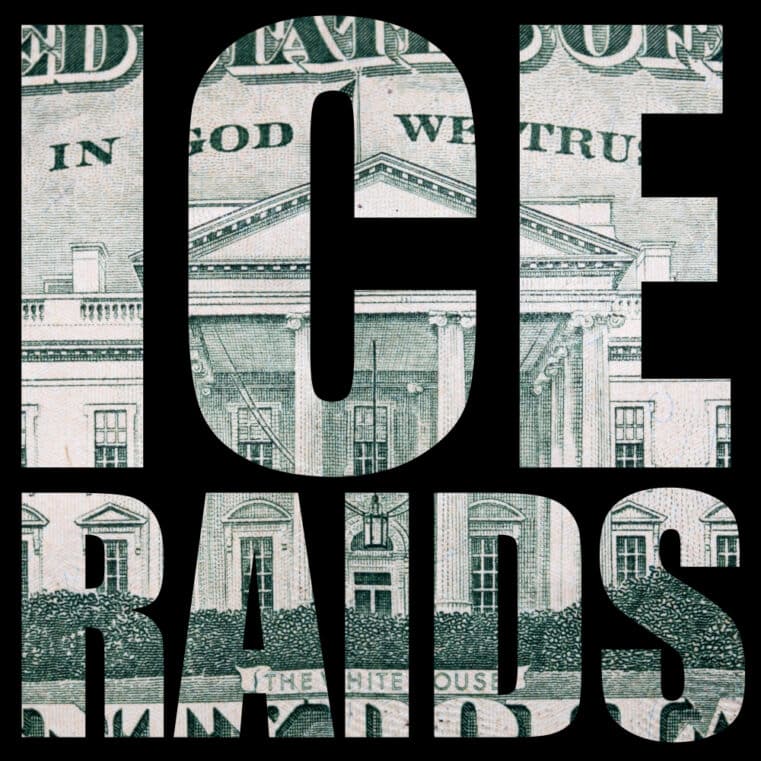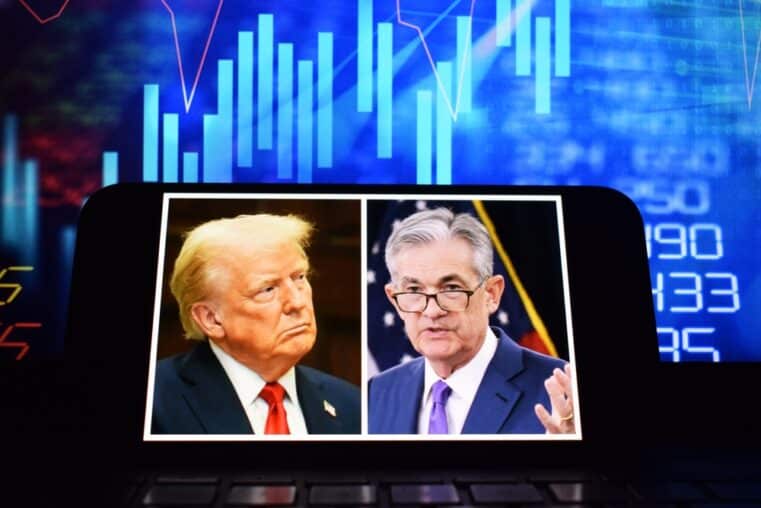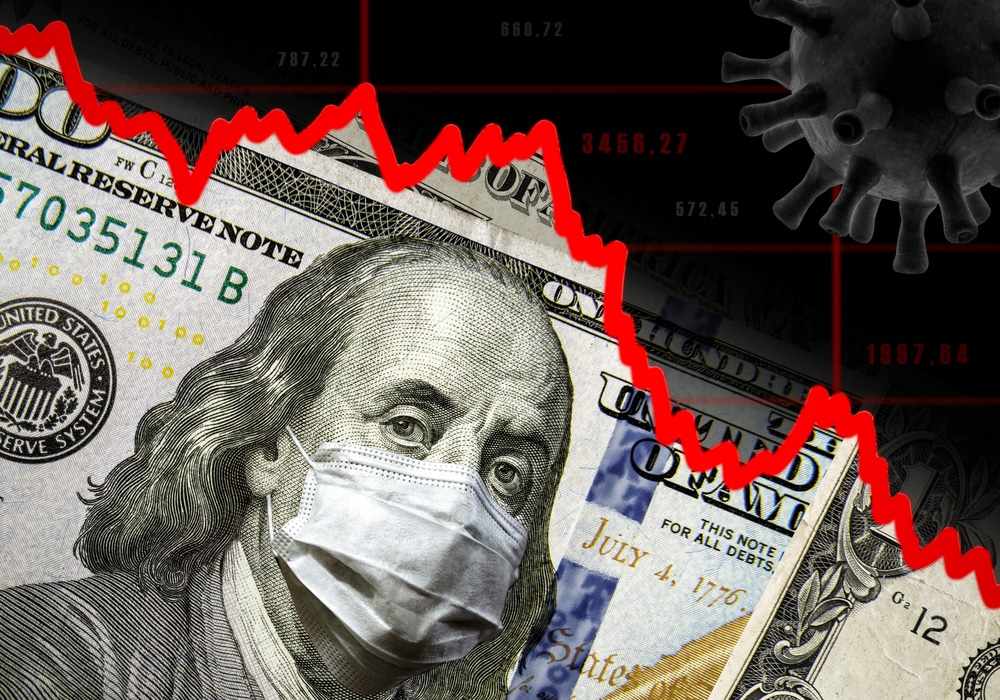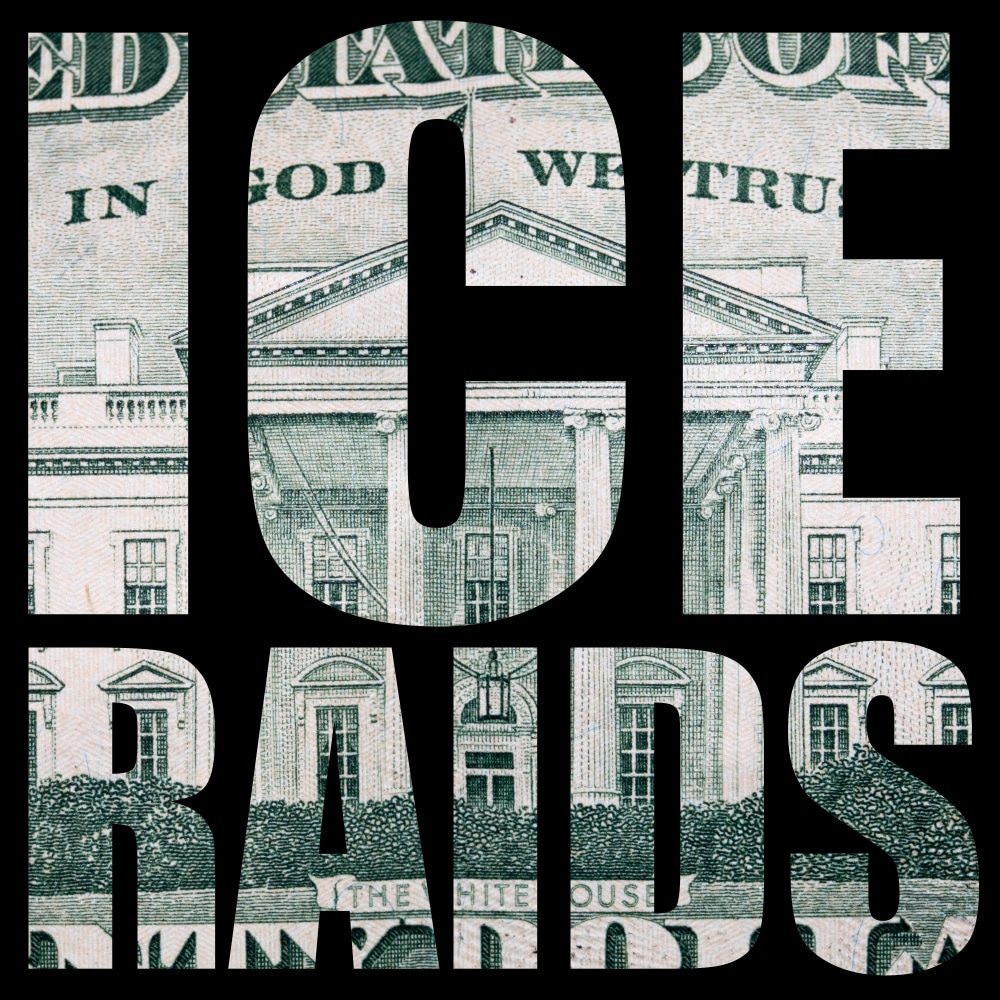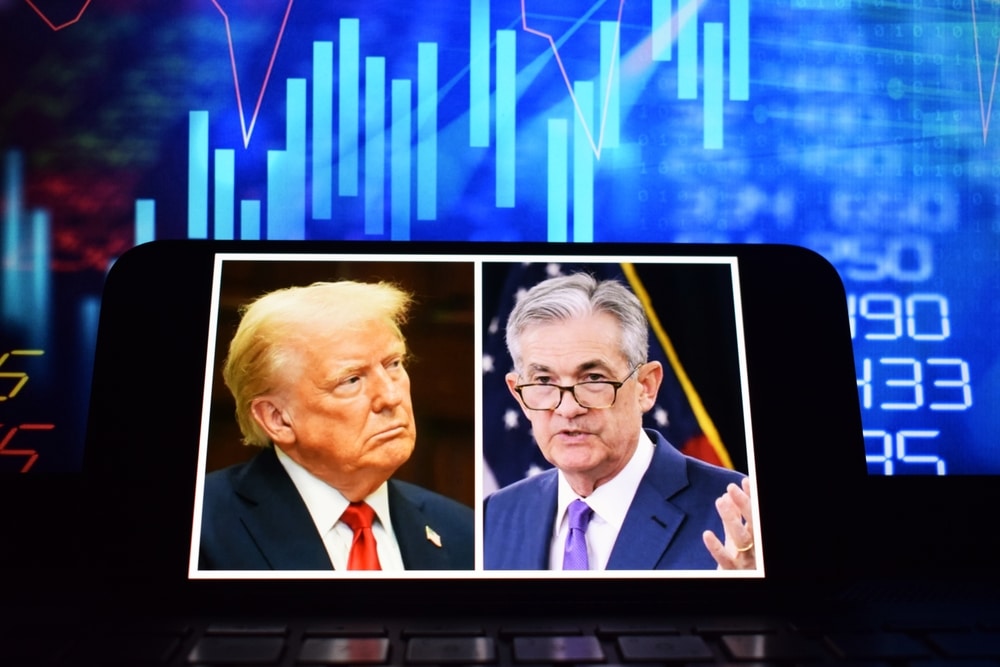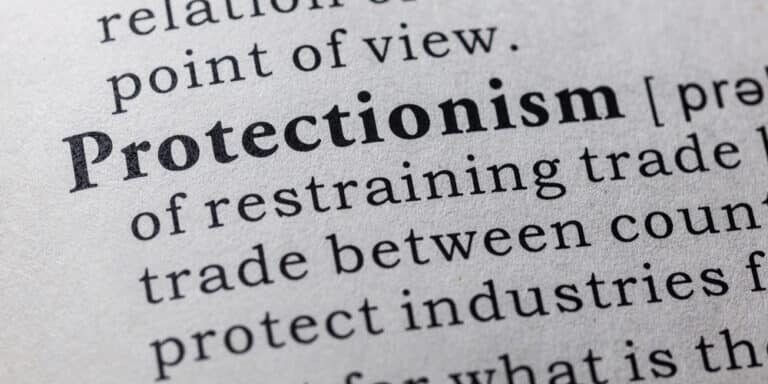
The Price of Protectionism: Trump's Tariffs Are Strangling Global Growth
Global Output Slumps Under Weight of Tariffs
Fresh data out of Europe confirms what free market economists have long warned: universal tariffs may sound like tough policy, but in reality, they’re economic shackles. Private sector output fell in both Germany and the United Kingdom this month, according to the latest Purchasing Managers’ Index (PMI) surveys. The culprit? A mix of waning business confidence and the ripple effects of Washington's trade interventionism.
In Germany—the powerhouse of Europe’s economy—the PMI dropped below the neutral 50 mark, sliding to 49.7 from March’s 51.3. A reading under 50 signals contraction. Across the channel, the UK’s private sector shrank even more sharply, with a PMI of 48.2, the lowest in over two years.
Survey respondents pointed squarely to the drag created by American tariffs. “Tariff concerns and uncertainty weighed on business confidence and demand,” according to the joint statement from S&P Global and Hamburg Commercial Bank.
Tariff Taxes Are Global, And Everyone Pays
Let’s be clear: tariffs aren’t just political tools. They’re economic penalties. And they don’t punish foreign governments—they punish businesses and consumers on both sides of the border.
Exports out of South Korea, a key barometer of global trade health, are already down over 5% in the first 20 days of April. The International Monetary Fund responded by slashing its growth forecasts across the board, including for the United States itself.
This isn’t just a local issue—it’s a systemic one. When the world’s largest economy imposes sweeping tariffs, the costs cascade outward. Supply chains get pinched, uncertainty stalls investment, and prices rise for ordinary consumers. Protectionism in one nation becomes pain in many others.
Central Planning Never Works—Even in Trade
Despite the rhetoric, tariffs are nothing more than a form of central planning—an attempt to manipulate outcomes by decree rather than letting the spontaneous order of the market work. Free trade isn't just a moral ideal; it's a practical one. It allocates resources more efficiently than any bureaucrat or strongman ever could.
And yet, here we are—saddled with a trade policy that taxes American businesses, curbs global demand, and slows economic momentum. Rob Wood, chief UK economist at Pantheon Macroeconomics, put it bluntly: “There is no doubt that the chilling effect of the US president’s tariffs has slowed UK growth.”
The Market Knows Best—Not the White House
The broader eurozone managed to avoid outright contraction, with its PMI hovering just above 50. But even there, new orders fell at their fastest rate in 2025. It's not hard to draw a line between that trend and the uncertainty fostered by erratic tariff policies.
For those who value economic freedom, this should be a wake-up call. We don’t need new trade wars. We need more voluntary exchange, more open markets, and less economic micromanagement from Washington. Free people trading freely—that’s the real engine of prosperity.
📥 Protect your wealth and fight back against top-down economic control. Download the ‘7 Steps to Protect Your Bank Accounts’ Guide NOW:
https://offers.dedollarizenews.com/?utm_source=DedollarizeNews&utm_medium=article&utm_campaign=gsi&utm_term=display&utm_content=TJ_Johnson



